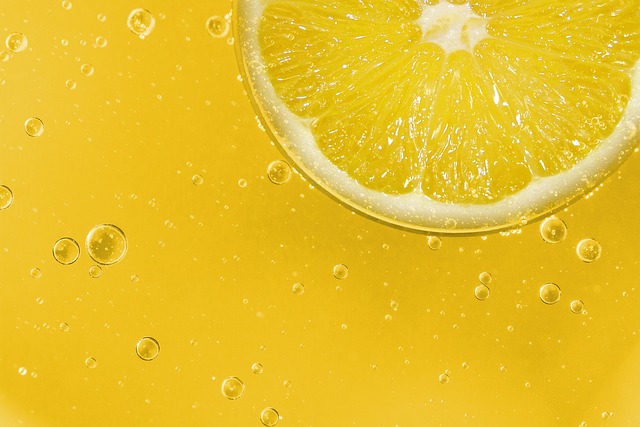The Gut Guardian: Unleashing the Power of Probiotics
Welcome to “The Gut Guardian: Unleashing the Power of Probiotics” – your ultimate guide to understanding the
importance of probiotics and their impact on our gut health. In recent years, probiotics have gained significant
attention for their role in promoting a healthy digestive system. Let’s delve deeper into the world of probiotics
and explore the benefits they offer.
1. What are Probiotics?
Probiotics are live microorganisms, most commonly bacteria, that provide numerous health benefits when consumed in
adequate amounts. These friendly bacteria are naturally present in our bodies, primarily in the gastrointestinal
tract, and play a vital role in maintaining a balance between the good and bad bacteria within our gut.
2. The Gut-Brain Connection
Did you know that the health of our gut impacts not only our physical well-being but also our mental health? The gut
is often referred to as our second brain due to the strong connection it shares with the central nervous system. The
presence of a healthy gut microbiome is essential for proper neurotransmitter production, which helps regulate
mood, behavior, and cognitive function.
3. Benefits of Probiotics
Probiotics offer a wide range of benefits for our overall health and well-being:
- Improved Digestion: Probiotics aid in digestion by breaking down food and absorbing nutrients
more efficiently. They can also help alleviate common digestive issues such as bloating, gas, and diarrhea. - Boosted Immunity: By maintaining a healthy balance of gut bacteria, probiotics support our
immune system’s ability to fight off infections and diseases. - Reduced Inflammation: Certain strains of probiotics have anti-inflammatory properties, which can
help reduce inflammation in the gut and other parts of the body. - Weight Management: Studies have shown that certain probiotic strains may assist in weight
management by improving metabolism and reducing fat absorption. - Mental Health Support: The gut-brain connection makes probiotics a potential ally in managing
symptoms of anxiety, depression, and other mental health conditions.
4. Food Sources of Probiotics
If you’re looking to increase your probiotic intake naturally, include the following foods in your diet:
- Yogurt: Look for yogurt labeled with active or live cultures to ensure the presence of beneficial
bacteria. - Kefir: A fermented milk drink, similar to yogurt, that contains a variety of probiotics.
- Sauerkraut: Fermented cabbage that provides a healthy dose of probiotics and is rich in vitamins
and minerals. - Kombucha: A fermented tea beverage loaded with probiotics and antioxidants.
- Kimchi: A traditional Korean side dish made from fermented vegetables, including cabbage,
radish, and scallion.
5. Probiotic Supplements
In addition to food sources, probiotics are also available in supplement form. When choosing a probiotic supplement,
consider the following:
- Strain Diversity: Look for a supplement that contains multiple strains of beneficial bacteria to
support a healthy gut microbiome. - CFU Count: CFU stands for Colony Forming Units, which indicate the number of







